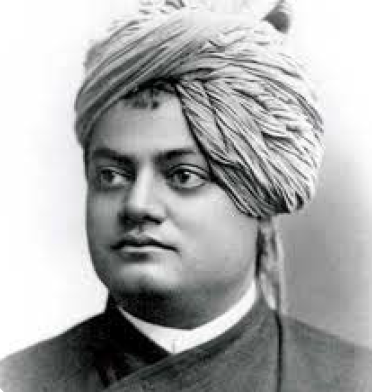A. Study this example situation:
 |
| yesterday morning |
Yesterday morning I got up and
looked out of the window.
The sun was shining, but the ground was very wet.
lt had been raining.
lt was not raining when I looked out of the window;
the sun was shining. But it had been rain ing before.
Had been -ing is the past perfect continuous:
| I/we/they/you he/she/it |
had
|
(= I'd etc.)
(=he'd etc.)
|
been
|
doing
working
playing etc.
|
Some more examples:
¡ When the boys came into the house, their clothes were dirty,
their hair was untidy and one of
them had a black eye. They'd been fighting.
¡ I was very tired when I got home. I'd been working hard
all day.
¡ When I went to Madrid a few years ago, I stayed with a friend
of mine. She hadn't been
Living there very long, but she knew the city very
well.
B. You can say that something had been happening for a period
of time before something else happened:
¡ We'd been playing tennis for about half an hour
when it started to rain heavily.
¡ Paul went to the doctor last Friday. He hadn't been
feeling well for some time.
C. Compare have been -ing (present perfect continuous)
and had been -ing (past perfect continuous):
| Present perfect continuous
¡ I hope the bus comes soon. I've been
waiting for 20 minutes. (before now)
¡ James is out of breath. He has been
running.
|
Past perfect continuous
¡ At last the bus came. I'd been waiting
for 20 minutes. (before the bus came)
¡ James was out of breath. He had been
running.
|
D. Compare was -ing (past continuous) and had
been -ing:
¡ It wasn't raining when we went out. The sun was
shining. But it had been raining,
so the ground was wet.
¡ Katherine was sitting in an armchair resting. She
was tired because she'd been working
very hard.
E. Some verbs {for example, know and Like) are
not normally used in the continuous:
¡ We were good friends. We had known each other for
years. (not had been knowing)
¡ I was surprised when Lisa cut her hair. She'd had long
hair since I first met her.
(not she'd been having)
For a list of these verbs, see Unit 4A. For have, see
Unit 17.
12:06 AM
Share:




















